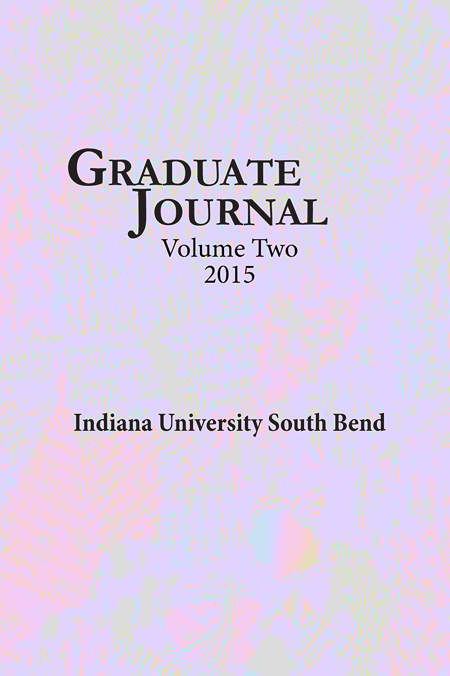Reframing the Debate: Spain’s Colonization of the New World as Genocide
Main Article Content
Abstract
This paper is a detailed approach to the application of the term genocide in regard to the depopulation of the numerous native populaces of Mesoamerica in the first century after the arrival of Europeans. The factors considered for the application include the original definition intended by Raphael Lemkin, the legal definition adopted by the United Nations, and the popular understanding and use of it. Sources include multiple primary accounts from the perspective of both the Europeans and the indigenous peoples, as well as their contemporary legal documents used to justify their actions. Contemporary sources range from Raphael Lemkin, The United Nations, and Mesoamerican Colonial historians. While unintentional disease epidemics were the primary source of depopulation, genocide simultaneously occurred with the intent and understanding that it was transpiring, despite the lack of a proper name for it at the time. By focusing on the term’s origin, influence, and intended application in relation to historical documents, the goal of this paper is to highlight the alignment of the term genocide and the events that took place shortly after the European arrival in the Americas, thus turning the controversy that surrounds the sensationalist oversimplified application of the term genocide into a leveled and scholarly approach that examines multiple perspectives and intents.
Downloads
Download data is not yet available.
Article Details
Section
Research
Authors who publish with this journal agree to the following terms:>
- Authors retain copyright and grant the journal right of first publication with the work simultaneously licensed under a Creative Commons Attribution License that allows others to share the work with an acknowledgement of the work's authorship and initial publication in this journal.
- Authors are able to enter into separate, additional contractual arrangements for the non-exclusive distribution of the journal's published version of the work (e.g., post it to an institutional repository or publish it in a book), with an acknowledgement of its initial publication in this journal.
- Authors are permitted and encouraged to post their work online (e.g., in institutional repositories or on their website) prior to and during the submission process, as it can lead to productive exchanges, as well as earlier and greater citation of published work (See The Effect of Open Access).
